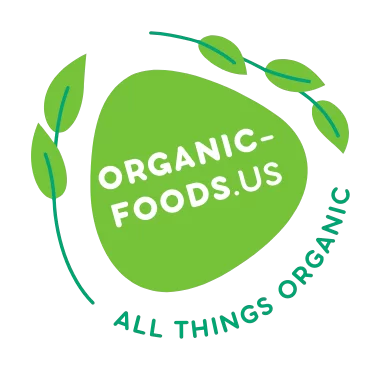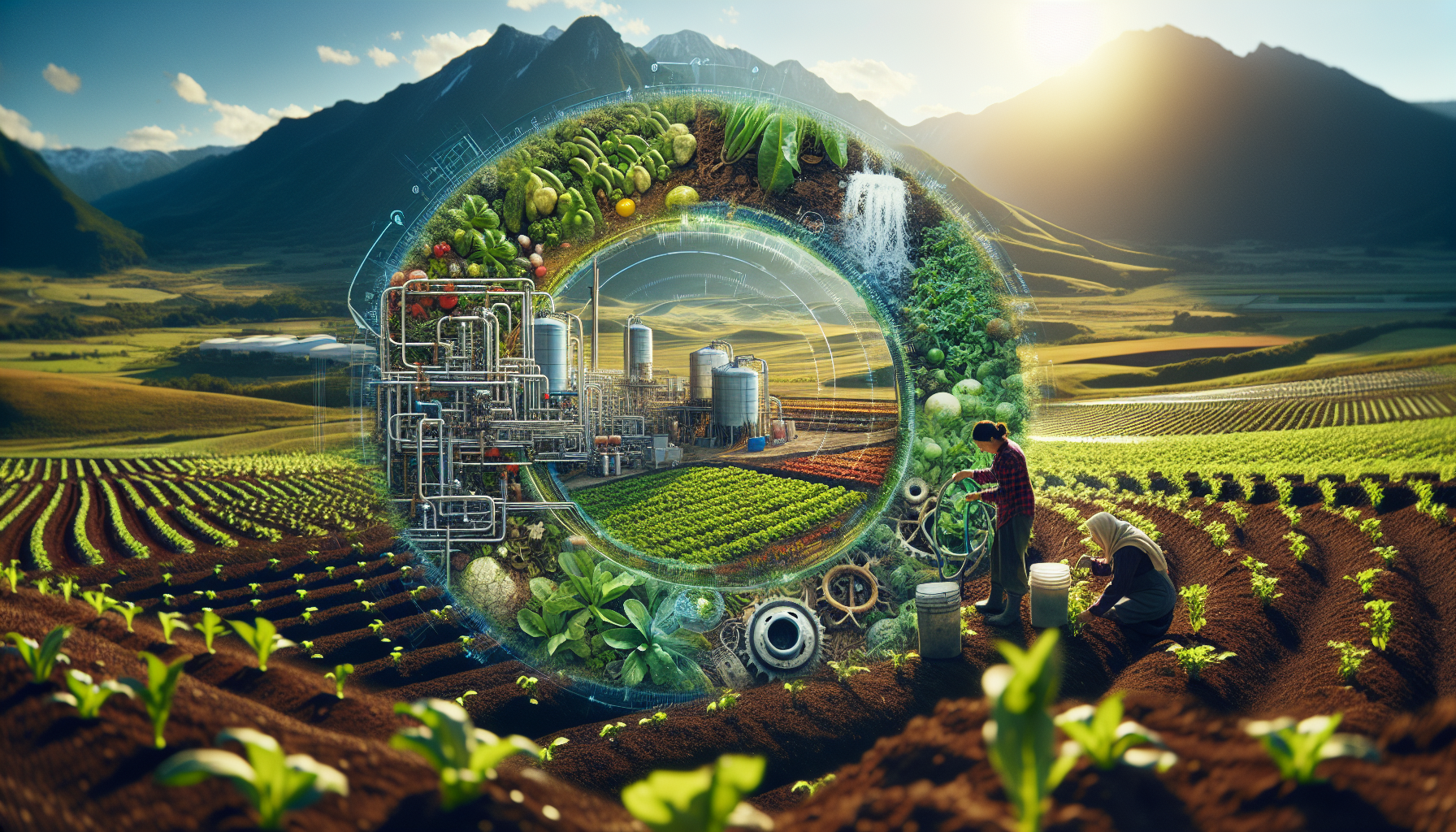Organic Farming With Recycled Water Systems: A Sustainable Revolution
Introduction to Organic Farming and Water Conservation
Organic farming has long been celebrated for its commitment to sustainability and environmental stewardship. At the heart of this movement is the innovative use of recycled water systems, which not only conserves precious resources but also promotes healthier soil and crop growth. As we delve into the world of organic farming with recycled water systems, we’ll explore how these practices are revolutionizing agriculture and contributing to a more sustainable future.
The Basics of Recycled Water in Organic Farming
Recycled water, often referred to as reclaimed water, is wastewater that has been treated to remove contaminants and is safe for reuse. In organic farming, this water is used to irrigate crops, reducing the demand on freshwater resources and minimizing the environmental impact of agriculture. The use of recycled water aligns perfectly with the principles of organic farming, which prioritize sustainability and the health of the ecosystem.
The process of recycling water involves several stages, including primary treatment to remove solids, secondary treatment to break down organic matter, and tertiary treatment to remove pathogens and other harmful substances. Once treated, this water can be used to nourish crops without compromising the organic certification of the farm.
Benefits of Using Recycled Water in Organic Farming
The benefits of using recycled water in organic farming are numerous and impactful. First and foremost, it significantly reduces the strain on freshwater resources, which are increasingly scarce in many parts of the world. By utilizing recycled water, organic farmers can help preserve local water supplies and contribute to more sustainable water management practices.
Moreover, recycled water often contains nutrients that can benefit soil health and crop growth. While the exact nutrient content varies depending on the source and treatment process, many organic farmers find that using recycled water can reduce the need for additional fertilizers, saving both money and resources.
Another key benefit is the reduction of environmental pollution. By treating and reusing wastewater, organic farms can prevent harmful substances from entering waterways and negatively impacting aquatic ecosystems. This closed-loop system not only benefits the farm but also contributes to the overall health of the surrounding environment.
Challenges and Considerations
While the use of recycled water in organic farming offers numerous benefits, there are also challenges and considerations that farmers must navigate. One of the primary concerns is ensuring that the recycled water meets the necessary quality standards for use in organic agriculture. This requires regular testing and monitoring to ensure that the water is free from harmful contaminants that could affect crop health or consumer safety.
Another consideration is the initial investment required to set up a recycled water system. While the long-term benefits can be significant, the upfront costs of treatment facilities and infrastructure can be a barrier for some farmers. However, many governments and organizations offer grants and incentives to support the adoption of sustainable water practices, which can help offset these costs.
Additionally, public perception and acceptance of recycled water in agriculture can be a challenge. Educating consumers about the safety and benefits of using recycled water is crucial for the success and growth of this practice. Farmers must be transparent about their water sources and treatment processes to build trust and confidence in their products.
Case Studies and Success Stories
Numerous organic farms around the world have successfully implemented recycled water systems, demonstrating the feasibility and benefits of this approach. One notable example is the Sustainable Agriculture Network’s case study on an organic farm in California, which has been using recycled water for irrigation for over a decade. The farm has seen improved soil health, reduced water costs, and increased crop yields, all while maintaining its organic certification.
Another success story comes from Australia, where an organic vineyard has been using recycled water to irrigate its grapes. The Organic Winegrowers Association of Australia reports that the vineyard has not only reduced its freshwater consumption but also improved the quality of its wines, thanks to the nutrient-rich recycled water.
These case studies highlight the potential for recycled water to transform organic farming practices and contribute to a more sustainable food system. By sharing these success stories, we can inspire more farmers to adopt this innovative approach and reap the benefits it offers.
Implementing Recycled Water Systems: A Step-by-Step Guide
For organic farmers interested in implementing recycled water systems on their farms, the following step-by-step guide can serve as a helpful resource:
| Step | Description |
| Assess Water Needs | Evaluate your farm’s water requirements and identify potential sources of recycled water, such as municipal wastewater treatment plants or on-farm treatment systems. |
| Research Regulations | Familiarize yourself with local regulations and organic certification standards related to the use of recycled water in agriculture. |
| Design the System | Work with engineers and water treatment experts to design a system that meets your farm’s needs and complies with all relevant regulations. |
| Secure Funding | Explore grants, loans, and other financial incentives available to support the implementation of recycled water systems on organic farms. |
| Install and Test | Install the necessary infrastructure and conduct thorough testing to ensure that the recycled water meets all quality standards for use in organic farming. |
| Monitor and Maintain | Regularly monitor the quality of the recycled water and maintain the treatment system to ensure optimal performance and compliance with organic standards. |
| Educate and Communicate | Share information about your recycled water system with consumers and the public to build trust and promote the benefits of this sustainable practice. |
The Future of Organic Farming with Recycled Water
As the global population continues to grow and the demand for sustainable food production increases, the use of recycled water in organic farming is poised to play an increasingly important role. The Food and Agriculture Organization of the United Nations predicts that by 2050, global water demand for agriculture could increase by 50%, making the efficient use of water resources more critical than ever.
Organic farmers who embrace recycled water systems are not only contributing to the sustainability of their own operations but also setting an example for the entire agricultural industry. By demonstrating the feasibility and benefits of this practice, they are paving the way for a more sustainable future in which organic farming and water conservation go hand in hand.
As we look ahead, continued research and innovation in recycled water treatment technologies will further enhance the viability and effectiveness of these systems. With the right support and incentives, we can expect to see more and more organic farms adopting recycled water practices, leading to a more resilient and sustainable food system for generations to come.

